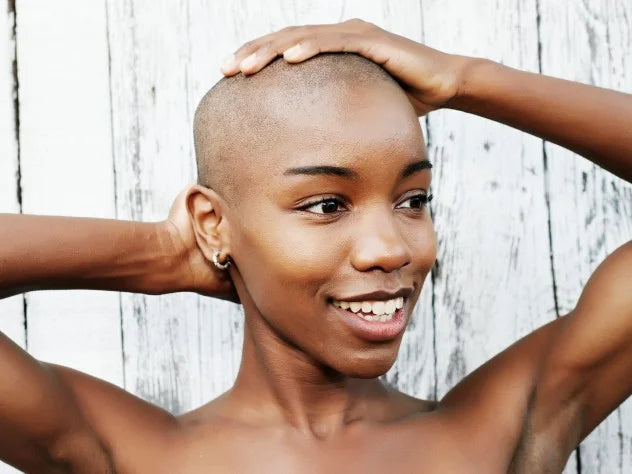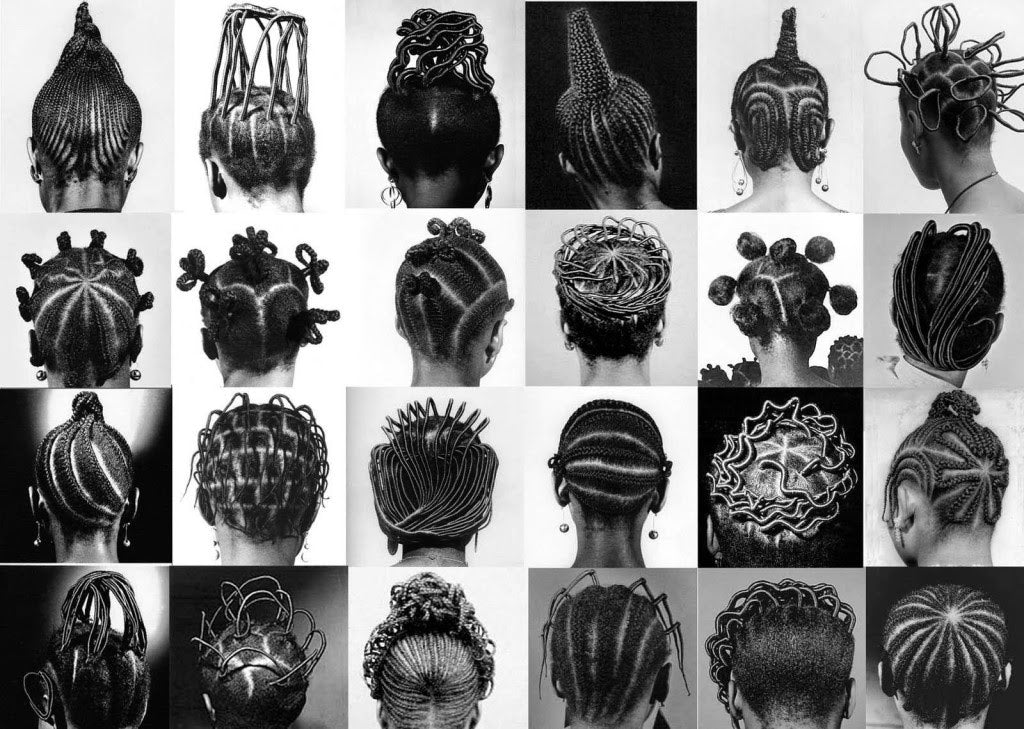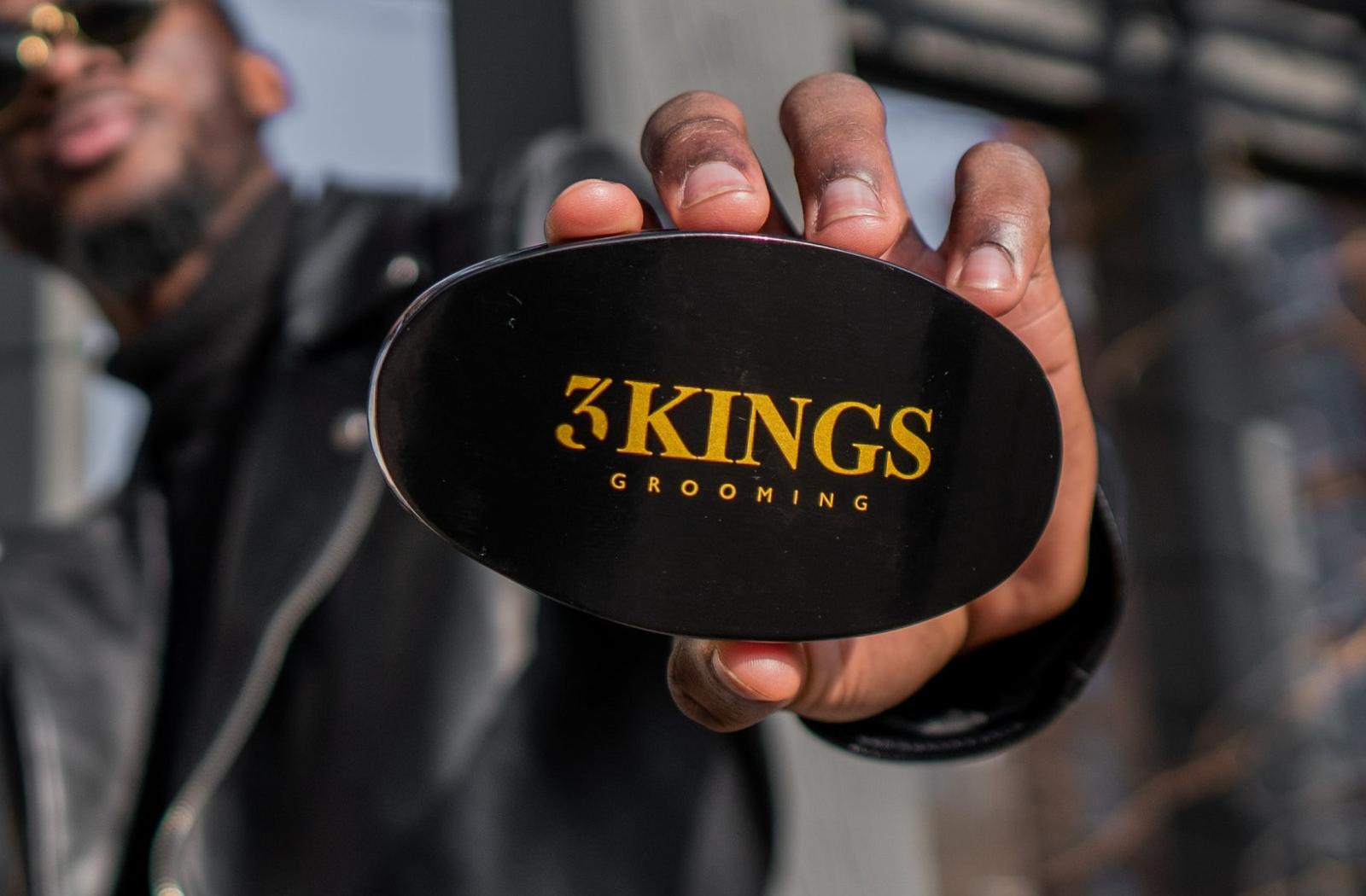What is Alopecia?

With the rise of the natural hair movement within the Black community, many are finding ways to grow and maintain their natural coils and curls. However, one thing many are experiencing at an alarming rate is hair loss. Some attribute hair loss to the use of chemicals such as relaxers or “perms” or extremely tight hair styles such as braids, twist, or other protective styles. What many people don’t know is hair loss can also be attributed to genetics or other health issues.
Alopecia Areata is an autoimmune disease that causes the body to attack hair follicles, causing various amounts of hair loss varying from person to person. Alopecia Areata normally targets hair on the face and head, however can occur on any part of the body. In some cases, hair may grow back for good or fall out again at some point. This disease affects both men and women at equal rates, beginning during the teenage years.

Some symptoms of Alopecia Areata are mostly presented as growing bald spots within the scalp, smaller bald patches on the scalp or on the body where hair usually is, hair growth in one area and loss in another, increased hair loss during the colder seasons, increased loss of hair over a short period, and noticeable red, brittle, pitted finger and toe nails. Many also notice the bald patches are red and/or smooth, some also notice a tingling, burning, or itching sensation before hair falls out.
There are several different versions of Alopecia Areata:
- Alopecia areata totalis: total loss of hair
- Alopecia areata universalis: loss of hair over entire body
- Diffuse alopecia areata: sudden thinning of hair rather than lost patches
- Ophiasis alopecia areata: causes hair loss in a band shape around the sides and back of the head.
- Traction Alopecia: hair loss due to extremely tight hairstyles
Unfortunately, there is no cure for Alopecia or complete understanding as to why the body attacks the hair follicles. Outside of genetic factors, many Black women and men contribute Alopecia to traumatic hair styles, use of heat, and/or chemicals. On the other hand, there are a growing number of dermatologists and hair stylists that are specializing in Alopecia treatment and helping those with Alopecia maintain their hair and styling it without extreme tightness.
Do you know anyone suffering with Alopecia? Comment below on what is helping them or you with this disease!
#blackhair #hair #natural #hairloss #alopecia #alopeciaareata
Sources:
-https://www.webmd.com/skin-problems-and-treatments/guide/alopecia-areata
Photo Source:
-https://www.essence.com/hair/alopecia-and-hair-loss-in-black-women/
-https://www.allinahealth.org/healthysetgo/prevent/black-womens-hair





Comments